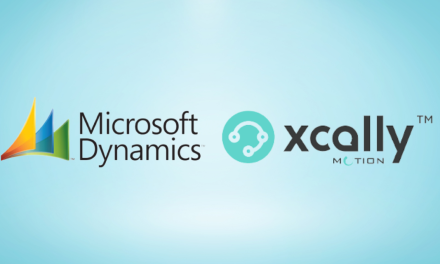The difference between Omnichannel vs Multichannel
The terms Omnichannel and Multichannel are often used interchangeably, but there is a difference between the two. Omnichannel is a customer-centric approach that seeks to provide a seamless experience across all channels, while multichannel is a channel-centric approach that focuses on optimizing each individual channel.
Omnichannel puts the customer first and strives to provide a consistent experience regardless of how or where they interact with your brand. This means creating a unified view of the customer across all channels and using data from all channels to inform marketing decisions. Omnichannel is about creating a cohesive customer journey that offers a seamless experience at every touchpoint.
Multichannel, on the other hand, takes a channel-centric approach. This means each channel is treated as a separate entity, with its own goals and KPIs. There is little to no coordination between channels, and each channel is optimized independently.
So, which approach is best for your business? Omnichannel or multichannel? The answer may not be so simple. Omnichannel can be difficult and expensive to implement, but it offers a number of benefits that may be worth the investment. Multichannel, on the other hand, is less complex and less costly to implement, but it doesn’t provide the same level of customer experience as omnichannel.
Ultimately, the decision comes down to your business goals and what you’re trying to achieve. If you’re focused on providing the best possible customer experience, then Omnichannel is the way to go. But if you’re looking to save money and simplify your operations, then multichannel may be the better option.
Contact us today to learn more about how we can help you with omnichannel and multichannel in your business at info@linkedip.com or 1-800-969-0164.





